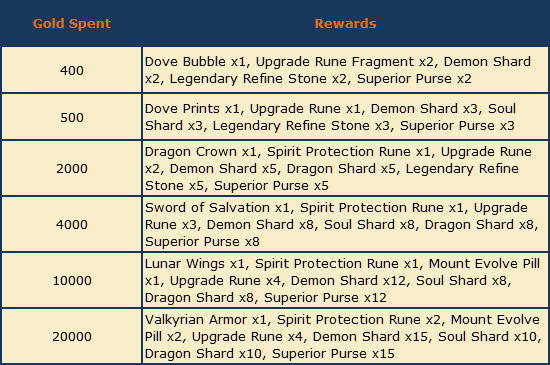Event Driven Game Server

Event-driven servers Next: Up: Previous: An event-driven server typically has a single thread which manages all connections to the server. The thread uses the select() system call to simultaneously wait for events on these connections. When a call to select() returns, the server's main loop invokes event handlers for each of the ready descriptors. These handlers perform a variety of tasks depending on the nature of the particular event. For example, when a socket being used to listen for new connections becomes ready, the corresponding handler calls accept() to return a file descriptor for the new connection.
Fear 2 Nosteam Crack here. Event-driven servers This page features a couple of event-driven servers, a modular authentication system and other stuff that may or may not prove useful to you.
Handlers invoked when a connection becomes ready for reading or writing perform the actual read or write to the appropriate descriptor. The execution of handlers may cause the addition or removal of descriptors from the set being managed by the server. Event-driven servers are fast because they have no locking or context switching overhead.
The same thread manages all connections, and all handlers are executed synchronously. A single-threaded server, however, cannot exploit any true concurrency in the stream of tasks. Thus, on multiprocessor systems, event-driven servers have as many threads as processors. Examples of event-driven servers include Squid[, ] and its commercial version NetCache[], Zeus[], thttpd[] and several research servers[,, ].
Ubnt Aircontrol. Gaurav Banga Mon Apr 27 13:10:55 CDT 1998.
I'm thinking about coming up with a turn based, possibly multiplayer game, except that I'm not sure what the architecture between the game and the players would be like. Crack Microstation V8 2004. This is partly because the interface/client will be using Java Swing. Since Swing is event driven, GUI interaction is asynchronous. This seems hard to mesh with the synchronous nature of a turn based game. Here's the idea I had.
There'd be a main game model or server. Associated with the game are one or more players where some are human while others are AIs. The game lets each player, one at a time, to take a turn. 'Taking a turn' is defined as performing one or more atomic actions that affects the simulated world, such as moving or using items.
The game has control over what order the players are given chances to act. That is, each player has a 'speed' value; faster players act first or get more consecutive turns). The turns should pass fairly quickly; if there's only one human player with a bunch of AI players, he should not notice too much time between his own turns (except for animations, alerts, etc.). This makes me imagine the game server as running in a while loop where in each pass it chooses a player and calls its 'take turn' method, assuming I got networking abstracted away. However, as I've said the client will be done in Java Swing. I have experience with Swing, but I'm not sure how to make them work for the game client.





